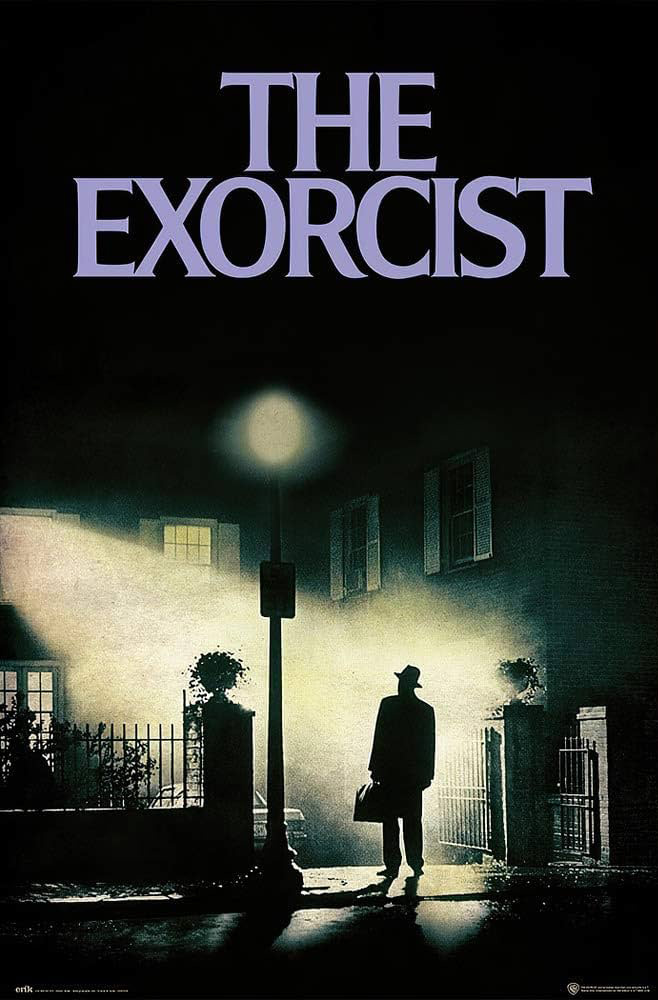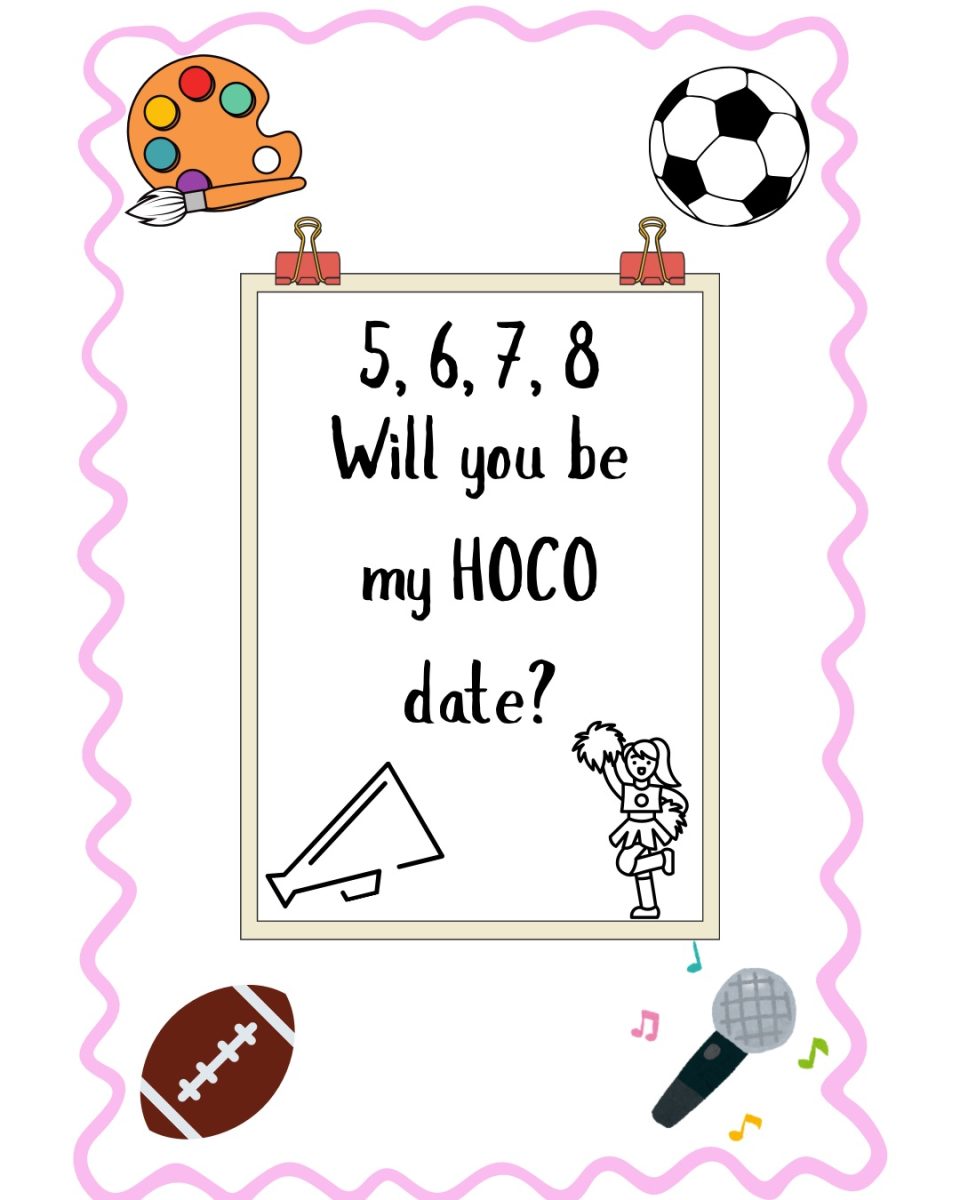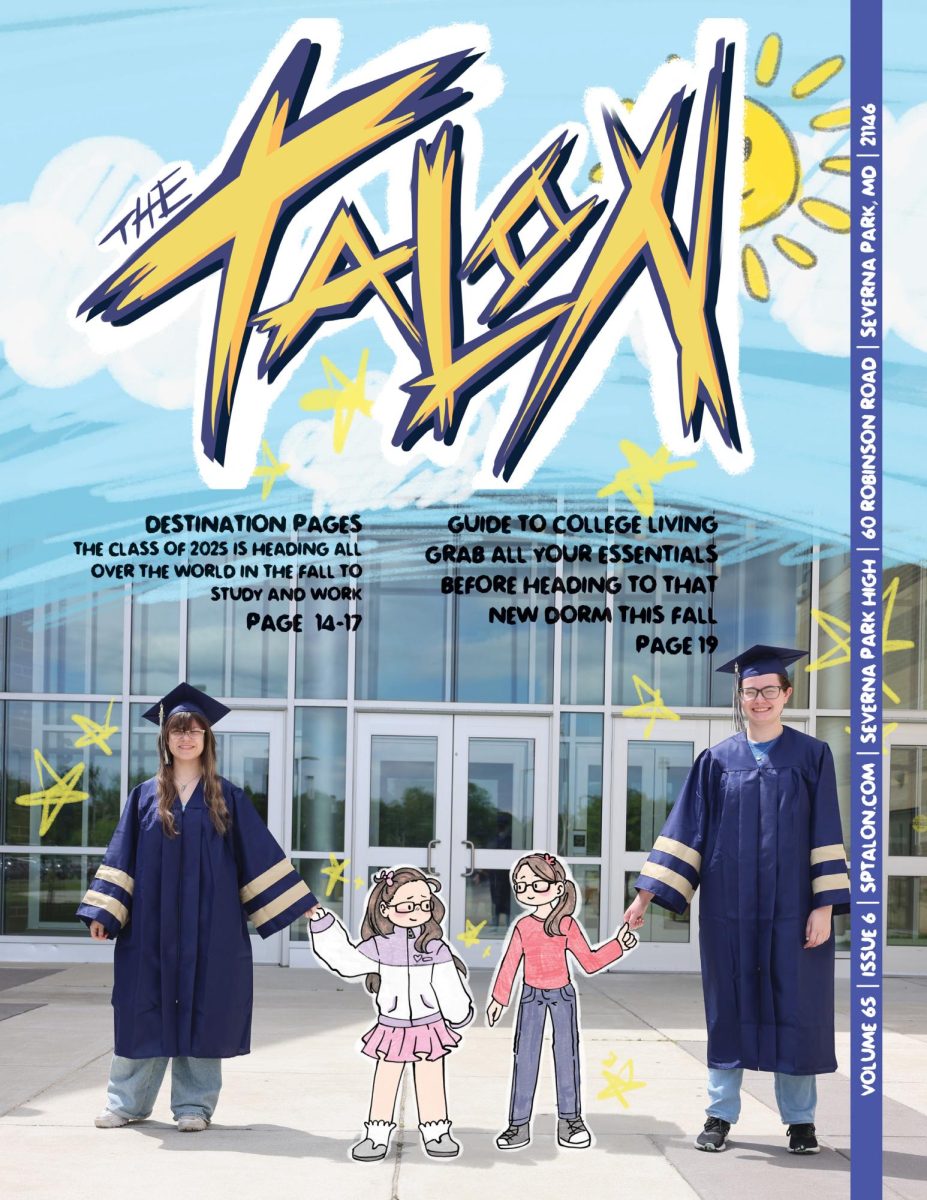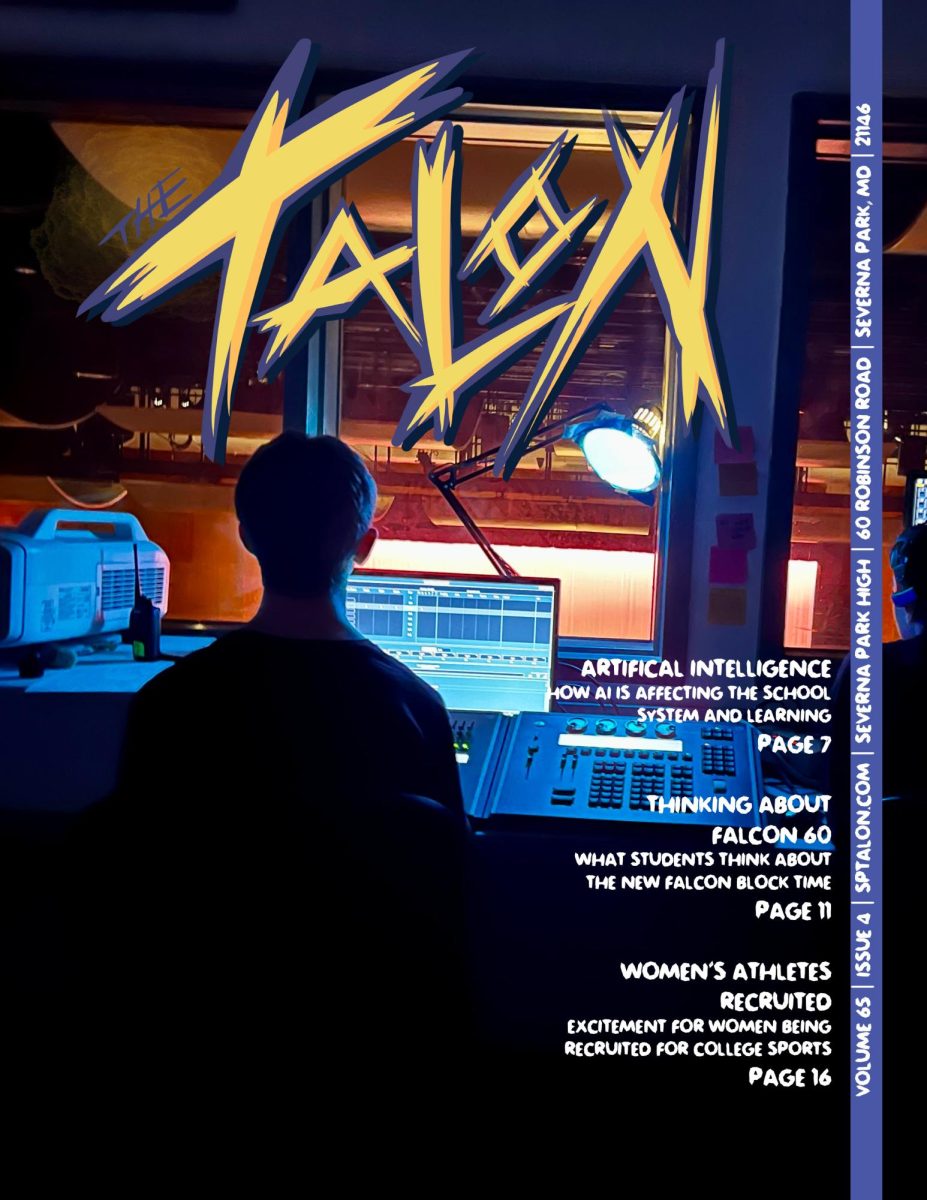Fan fiction is defined by Stephen Downes of thejournal.ie (an Irish news source) as “any work which embellishes, alters or rewrites the work of another (usually a published author) with new storylines, characters, alternative endings, beginnings and substitute sets of morals, ideals or sexual politics.” Fan fiction, aka Fanfic, is everywhere on the internet these days, and encompasses a broad assortment of topics. If you have a favorite book, television show, movie or otherwise, there is probably fan fiction for it.

Often these stories are explicitly sexual in nature, and may include an array of sensitive topics such as rape, suicide and self-harm. One such instance is the story “Shrek is Love, Shrek is Life,” which originated on the website 4Chan and is about a sexual encounter between Dreamworks’ famous character and the nine-year-old narrator. Situations like these are not uncommon in the world of fan fiction. Another instance includes Wincest, the pairing name of Sam Winchester and his brother, Dean – both characters from the show Supernatural. The idea that these fan fiction authors find incest and other such vulgarities to be acceptable is appalling and is going more than a bit too far. Fanfics are also notorious for being poorly written at best; writers tend to throw the rules of grammar out the window simply because their story exists solely on the internet. “My Immortal”, a Harry Potter Fanfic in which all characters are goth, is one perpetrator of such grammar crimes. “Then all of a suddenly, an horrible man with red eyes and no nose and everything started flying towards me on a broomstick! He didn’t have a nose and he was wearing all black but it was obvious he wasn’t gothic. It was…… Voldemort!” While the concept is completely absurd, the lack of punctuation surely is more alarming here.
Let it be said that not all fan fiction is terrible. Fifty Shades of Grey, the best-selling novel and film, began as Twilight fan fiction posted on fan fiction.net under the name Masters of the Universe. It was removed for being too explicit, and in response, author E.L. James moved it to 50shades.com. It was published officially in 2011 and received a movie adaptation in 2015. Whether the book is a literary masterpiece or not, it is a published, professionally written novel and film phenomenon that began as fan fiction. Sophomore Matt Hall believes that fan fiction is “A good way for writers to work on the basics. It should be treated as an exercise.” While there has been no research into the benefits of writing fan fiction, it is not too much of a stretch to assume it does help authors develop writing skills and help with creativity, as any writing practice would. While it is true that it is considerably easier to write a story with characters already made than to create something completely original, it is possible that fan fiction is simply a stepping stone that leads to a fully developed writing style and creative process.
Technically speaking, much artistic material can be considered fan fiction even though it may not necessarily had been intended. If it is not canon to the source material, then it is fan fiction. Sherlock, a widely popular BBC show about the world’s greatest detective without a cowl, is a modern-day spin on the traditional story of Sherlock Holmes. While it is definitely not perceived as so, technically it counts as fan fiction– it was not written by the original creator of Sherlock Holmes, Sir Arthur Conan Doyle. The Star Wars Expanded Universe, a series of over 50 novels, is not part of Star Wars canon and can be included in the genre of fan fiction. If you include these cases, fan fiction has been around for decades and can include best selling novels, hit motion pictures, popularized television shows and much more. Fan fiction at an amateur online level can be utterly cringe-worthy, but ultimately can be beneficial as a creative and imaginative artistic outlet.














































